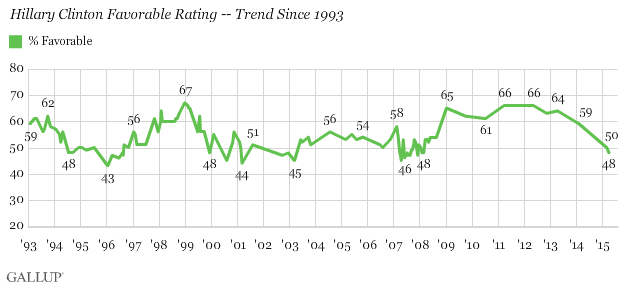Once again, thousands of fast food workers, side-by-side union organizers, and agents are picketing fast food restaurants in 200 cities across the United States demanding that the minimum wage be raised from the current $7.25 an hour to $15. The TV cameras and radio microphones will once again be out in force to hear stories about people not being able to live on $7.25 an hour and that many, if not most, are living in poverty. Thus, the listeners of those broadcasts will be left with the opinion that millions of minimum wage workers are poverty stricken. But, as you will see, that is not the truth.
According to the Health and Human Services Department, you are in poverty if you, as an individual, earn less $11,770 dollars a year or less than $5.66 an hour; well below the current minimum wage. As such, the federal government thinks that $7.25 an hour is more than adequate to live on. Of course, if you are a sole provider with children and only earning $7.25 an hour, you would definitely be in poverty. But, that fact would qualify you for assistance, which varies by state, but would be at least $16,984 or $8.61 an hour in additional benefits; assuming that you live in the least generous welfare state of Mississippi.
You also have to understand that only 1.5 million workers actually earn the exact minimum wage. Out of which, 1.1 million of that number (or 71%) work part time and have no other job. Again, not a fact that supports the claim that most people can't live off of $7.25 an hour. In fact, if we did up the minimum wage to $15, a lot of high school students, working part time, will get big fat raises. After all, you probably don't see too many "grey beards" working the counters at your local fast food store.
So, that leaves us with about 450,000 minimum wage employees who are working full time and of which some -- certainly not all -- may need federal or state financial assistance. It's ridiculous to raise the minimum wage for all 1.5 million workers when, in fact, there is no rational argument to the poverty claim.
Also understand this. One in seven Americans or 45 million people are in poverty in this country and raising the minimum wage can ultimately hurt them since they will be forced to pay higher costs as retailers raise their prices to accommodate the increased salaries When you double the wage at the bottom, everyone above must also have their wages increased in fairness to seniority. So, if the average labor cost for a fast food restaurant is 32%, the doubling of the minimum wage means that a meal that used to cost $10 will now cost $13.20; putting dining at these businesses out of the reach of millions of Americans in poverty and millions more who solely live off of social security or disability checks.
The claim that substantial numbers of people will be raised out of poverty is, quite frankly, bull. In 2006, before the minimum wage was raised 40% by 2009, there were 36 million Americans in poverty. Today, 9 million more than that share that same distinction.
Here is another fact that most people aren't aware of. We have whole states of people who, on average, aren't even close to making a $15 wage. According to the Census Bureau, statistically half of Mississippi's nearly 3 million people make less than $20,618; or, less than $9.91 on the basis of a 40-hour work week. The average in Arkansas it's $10.66. Worse, the average American only makes a per capita income of $28,155 or $13.54 an hour; but somehow, only the fast food workers need a wage of $15 in order to survive.
Finally, because salaries vary so much by state, there should never be a one-size-fits-all national minimum wage mandated by the federal government. That is, unless, the federal mandate is based on some percentage of each state's average hourly wage. That would be fair, and that would also stop this incessant political tinkering with the minimum wage. This would permanently index it.
References:
U.S. fast-food workers mark Tax Day demanding higher wages:
https://ca.news.yahoo.com/u-fast-food-workers-plan-rallies-demanding-higher-090346999--business.html
Characteristics of a Minimum Wage Worker:
http://www.bls.gov/cps/minwage2013.pdf
2015 Poverty Guidelines:
http://aspe.hhs.gov/poverty/15poverty.cfm
Work or Welfare: What Pays More? - Real Time Economics:
https://www.google.com/search?q=Work+or+Welfare%3A+What+Pays+More%3F+-+Real+Time+Economics+...&ie=utf-8&oe=utf-8
45 Million Stuck Below The Poverty Line:
http://www.huffingtonpost.com/2014/09/16/poverty-household-income_n_5828974.html
The Tightwire Act of Living Only on Social Security:
http://www.nytimes.com/2012/09/12/business/retirementspecial/living-only-on-social-security-is-a-tightwire-act.html
Common Food & Labor Cost Percentages:
http://smallbusiness.chron.com/common-food-labor-cost-percentages-14700.html
Mississippi - State and County QuickFacts:
http://quickfacts.census.gov/qfd/states/28000.html
Arkansas - State QuickFacts:
http://quickfacts.census.gov/qfd/states/05000.html
Persons Below Poverty Level in the U.S., 1975–2010:
http://www.infoplease.com/ipa/A0104525.html











